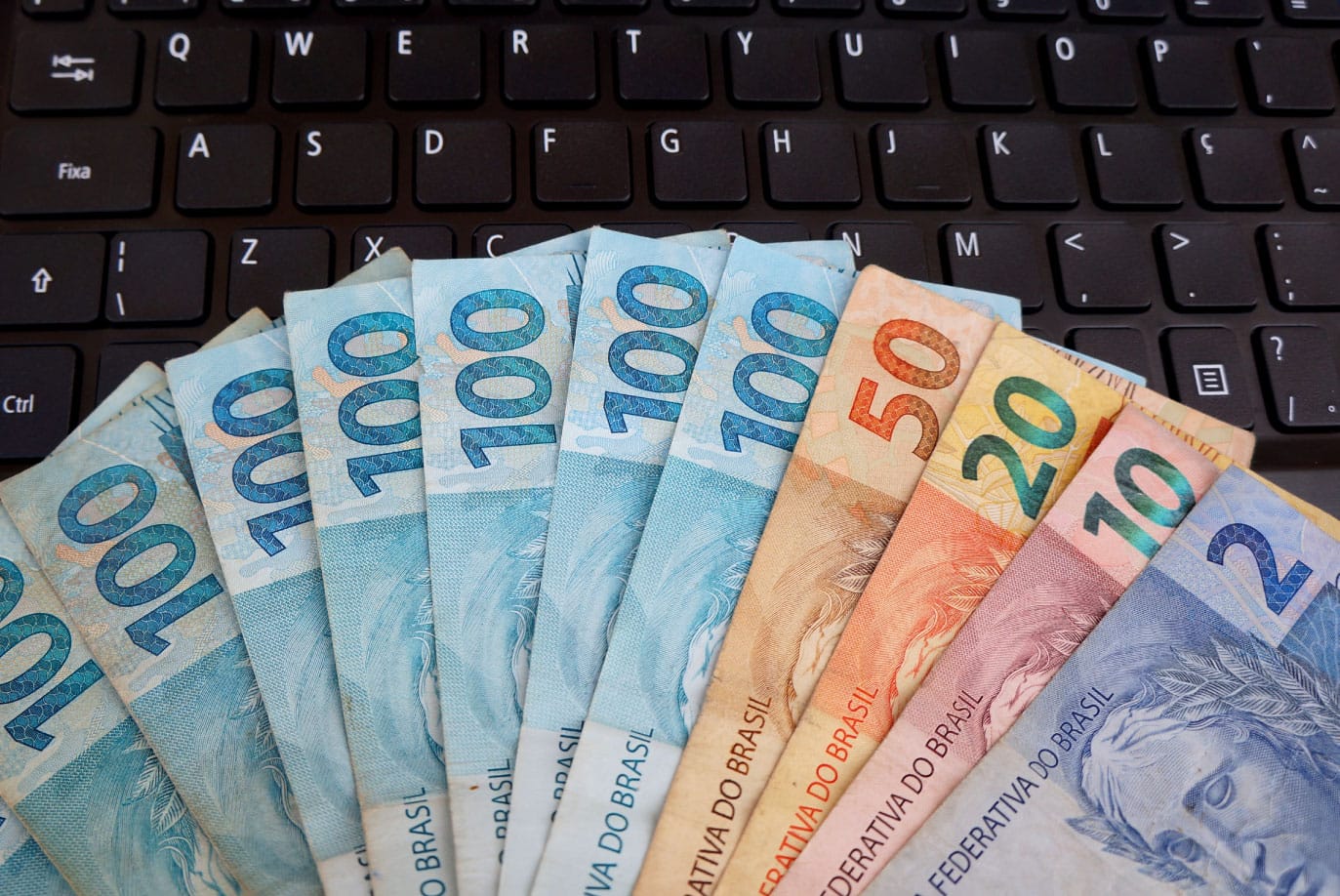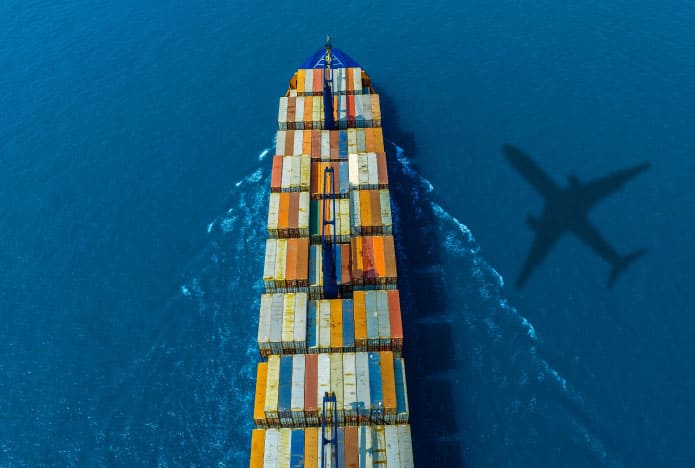Who has never visited a website with a specific interest in mind but ended up completing a purchase with items different from what was planned? Please be aware that this action does not happen by chance, and it is often the result of what is called retail media, a strategy that refers to the practice of presenting advertising content directly at the point of sale. The concept is gaining widespread prominence within the digital environment, especially in marketplaces like Amazon, Mercado Livre, Shopee, and other major sales networks.
In order to influence consumer behavior during the purchase journey, retail media positioned at online points of sale becomes powerful by allowing brands to reach consumers more precisely and relevantly, maximizing conversion and loyalty. According to Gabriel Lima, CEO and founder ofENEXTspecialized full digital consulting, the main attraction of this strategy is the context. "Consumers are already predisposed to purchase, which makes this strategy highly effective in increasing conversions and ensuring greater relevance in product exposure," he explains.
No wonder, Retail Media is one of the fastest-growing areas in digital marketing. According to data from the Newtail 2024 survey, global investment in the strategy is expected to exceed US$ 50 billion by 2025, with Latin America representing a significant portion of this amount. In response to this warming, a survey by ENEXT, in partnership with Newtail, found that 79% of Brazilian industries are working with Retail Media, while 100% of them believe that the concept is the new retail trend.
ENEXT itself has played a central role in implementing retail media in some of the country's leading brands. As the most certified agency in Amazon and Mercado Livre Ads, the consultancy has been developing strategies based on data intelligence, personalization, and continuous optimization. This work has allowed major brands to expand their visibility and maximize their results on the country's main marketplaces.
Nivea: Crescimento Expressivo na Amazon e Mercado Livre
One of the world's largest beauty and skincare brands, Nivea achieved a significant boost in its digital presence in the country through retail media strategies. Only on Amazon, the brand recorded a 110% increase in sales compared to the previous year, with the Moisturizing Body Milk for Dry Skin 400ml becoming the third best-selling product on the platform. "The segmentation work allowed us to reach the right audience at the right time, maximizing the conversion rate and expanding our presence in marketplaces," details the executive. On Mercado Livre, the growth was nearly 80%, with the media team responsible for 73% of the brand's total sell-out. The results were the outcome of a collaborative effort with ENEXT, supported by precise segmentation and ad optimization, which allowed Nivea to improve its visibility, reach strategic audiences, and establish itself as a reference within the chosen marketplaces.
Eucerin: Protagonismo no Setor de Beleza
Eucerin also reaped significant benefits by investing in retail media, with a 197% increase in sales on Amazon compared to the previous year, consolidating its presence among the largest in the beauty sector. This performance caused Eucerin to reach the eighth position among the best-selling beauty brands on the platform, with one of its products also ranking in the top 15 sales. "Data intelligence and continuous optimization were key to achieving these impressive results, ensuring that every media investment was converted into real return for the brand," highlights the CEO of ENEXT. In this sense, the agency's work allowed the brand to expand its presence in the marketplace and also position its products strategically for greater relevance and engagement with consumers.
















